Strong Skin Guide A True Way to Strengthen and Protect Your Skin from the Sun

Sunlight: Our Skin’s Friend or Foe?
As someone who loves skincare, I often get asked, “How can I strengthen my skin to withstand the sun?”
Sunlight has both pros and cons:
✅ Pros: It helps the body produce Vitamin D, essential for strong bones, immunity, and hormone balance.
❌ Cons: It emits UVA and UVB rays that damage skin structure, leading to dullness, dark spots, melasma, freckles, premature wrinkles, and skin cancer.
Many people misunderstand, thinking sunscreen alone is enough. But the truth is “strong skin” requires care both from the outside and within.
This article will guide you through all dimensions of building your skin’s protective shield, from understanding its structure, skincare, nutrition, to daily habits, so your skin can confidently stand strong under the sun.
Knowing Your Skin Structure: The Foundation of Natural Protection
Our skin has three main layers, each with different roles:
🔬 Epidermis (Outer layer)
● The thinnest layer (0.05-0.1 mm)
● Contains keratinocytes, which produce keratin to protect against chemicals, pollution, and bacteria
● Contains melanocytes, which produce melanin to absorb UV rays and prevent deeper skin damage
🧬 Dermis (Middle layer)
● Thickness: 1-4 mm
● Contains collagen and elastin fibers, giving skin its strength and elasticity to prevent sagging
● Contains hyaluronic acid, which maintains skin moisture
🧈 Subcutaneous (Deepest layer)
● Provides warmth, absorbs impact, and stores energy as fat
When Sunlight Damages Skin:
● UVA: Penetrates into the dermis, destroying collagen and causing wrinkles and sagging
● UVB: Damages the epidermis, causing sunburn, dark spots, and overproduction of melanin leading to melasma and freckles
Understanding skin structure helps you choose the right ways to care for it effectively.
SPF and PA: What Are They and Why Do They Matter?
SPF (Sun Protection Factor)
● Measures protection against UVB rays (sunburn rays)
● For example, if your skin normally burns in 10 minutes, SPF30 prolongs that to 10 x 30 = 300 minutes
But! This is theoretical. Sweat, water, and wiping your face reduce its effectiveness, so reapply every 2-3 hours.
PA (Protection Grade of UVA)
● Indicates protection against UVA rays (aging rays), usually shown as + to ++++
PA Rating
UVA Protection Level
PA+
Slight protection
PA++
Moderate protection
PA+++
High protection
PA++++
Maximum protection
💡 Tips for choosing sunscreen:
● Indoors: SPF30 PA+++ is sufficient
● Outdoor work/beach: SPF50 PA++++ and water-resistant formulas
Antioxidants: The Key to Boosting Skin Protection
Even with sunscreen, UV rays can still create free radicals that damage collagen and accelerate aging. Antioxidants are crucial:
🥝 Vitamin C
● Reduces melanin production
● Stimulates collagen synthesis
● Prevents and fades dark spots
🥑 Vitamin E
● Strengthens skin barrier
● Reduces inflammation and prevents moisture loss (TEWL)
🍵 Green Tea Extract
● Contains high EGCG antioxidant
● Reduces sun-induced skin inflammation
🧴 Niacinamide (Vitamin B3)
● Strengthens skin barrier
● Reduces irritation
● Fades dark spots and acne marks
✨ How to use:
Apply antioxidant serums or creams every morning before sunscreen to fortify your skin’s shield throughout the day.
Good Nutrition: Building Strong Skin from Within
Skincare isn’t just what you apply – it’s also what you eat.
🐟 Omega-3
● Found in salmon, mackerel, sardines
● Reduces skin inflammation and strengthens the barrier
🥕 Vitamin A
● Found in liver, egg yolk, carrots, pumpkin
● Stimulates new cell growth and natural exfoliation
🍊 Vitamin C
● Found in citrus fruits, guava, oranges
● Boosts collagen production for firmer skin
🥜 Zinc
● Found in oysters, nuts, meat
● Supports skin repair and reduces acne
💧 Water
● Drink at least 1.5-2 liters daily to maintain hydration and flush out toxins
😴 Quality Rest: The Overlooked Secret
Lack of sleep weakens the skin because nighttime is when skin repairs itself.
● Sleep 7-8 hours per night
● Go to bed before 10 PM for optimal growth hormone release
● Sleep in total darkness to stimulate melatonin, which repairs and calms inflammation
💡 Sleep Beauty Tips:
● Use silk pillowcases to reduce friction
● Drink warm water or milk before bed for deeper sleep
Daily Lifestyle: Move Without Underestimating the Sun
Daily habits directly impact skin health:
● Wear wide-brimmed hats or UV umbrellas in strong sun
● Wear sunglasses to prevent eye area wrinkles
● Avoid direct sun exposure from 10 AM to 4 PM
● Exercise regularly to improve blood circulation and oxygen delivery to skin cells
🏃♀️ Exercises beneficial for skin:
● Cardio (brisk walking/jogging): Boosts blood flow
● Yoga: Enhances lymph circulation and reduces puffiness
● Weight training: Builds muscle to keep skin firm
Summary: Strong Skin Can Be Built Starting Today
Sunlight is an unavoidable part of life. But with knowledge and proper care – choosing the right sunscreen, applying antioxidants, eating nutritious foods, getting quality sleep, and adopting mindful daily habits – your skin will become stronger and radiantly healthy for the long term.
Strong Skin is Built, Not Born. Healthy, resilient skin is created – not just inherited.
● Krutmann J, Bouloc A, Sore G, Bernard BA, Passeron T. The skin aging exposome. Journal of Dermatological Science. 2017.
● Narayanan DL, Saladi RN, Fox JL. Ultraviolet radiation and skin cancer. Int J Dermatol. 2010.
● Draelos ZD. Nutrition and enhancing youthful-appearing skin. Clin Dermatol. 2010.
● Lin JY, Fisher DE. Melanocyte biology and skin pigmentation. Nature. 2007.
● Ryu A, Arakane K. Melanin as a UV-B-Induced Free Radical Scavenger in Human Skin. Nutrition. 1997.
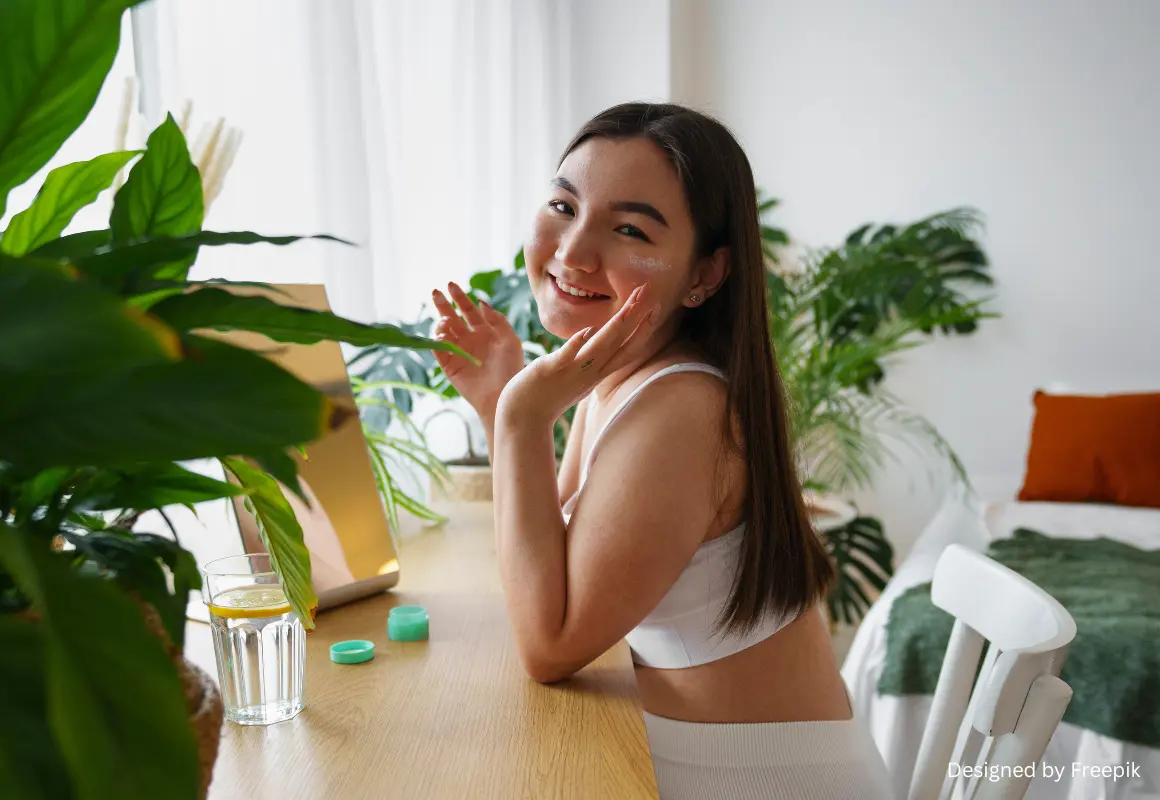
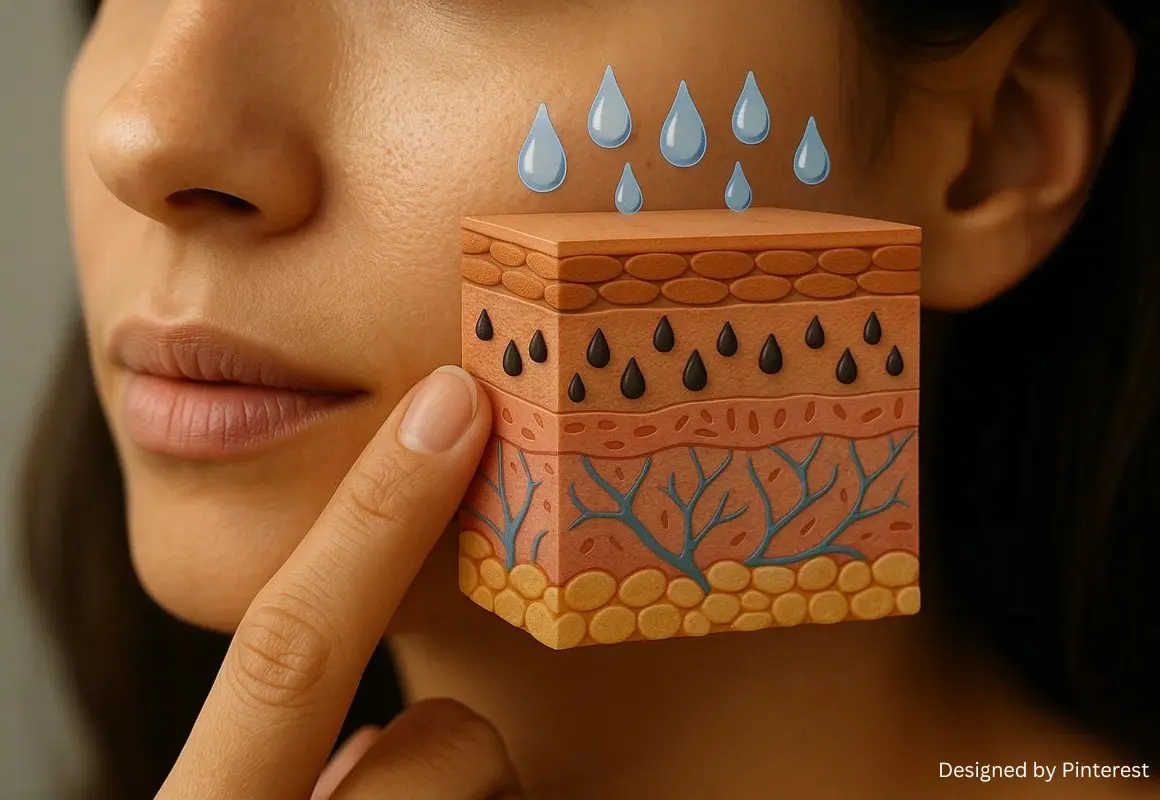
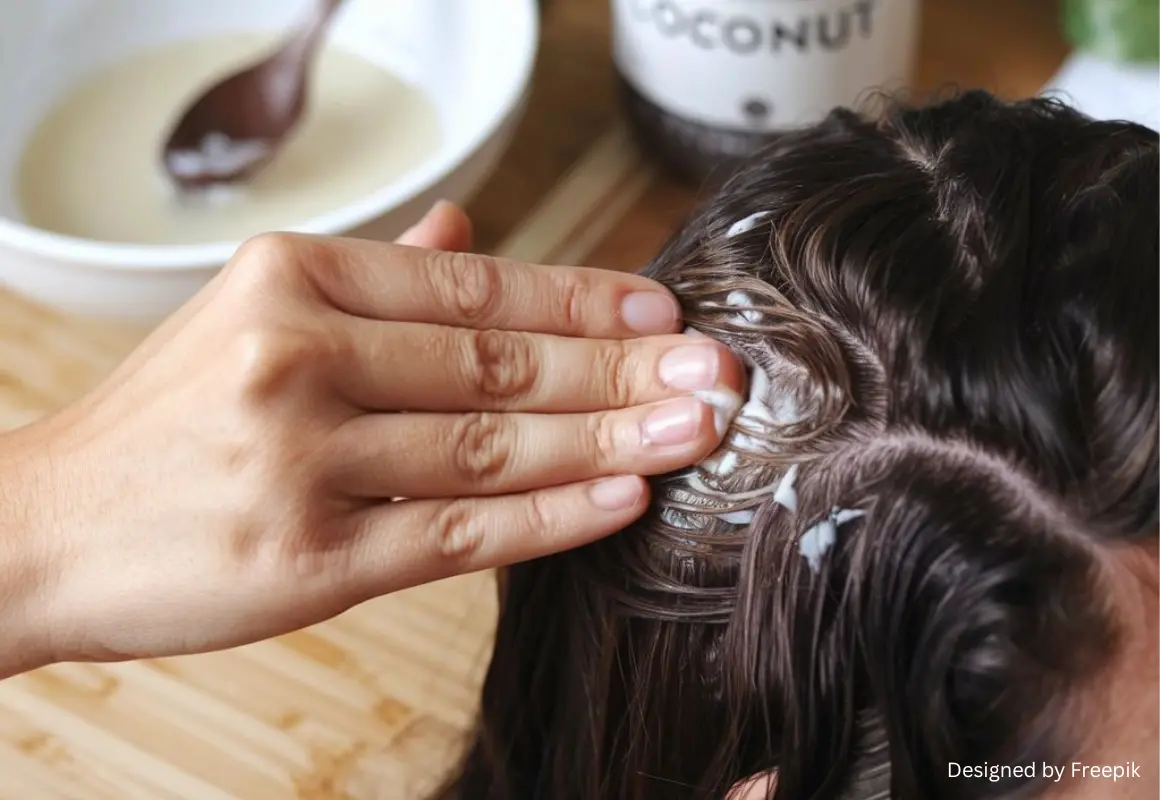
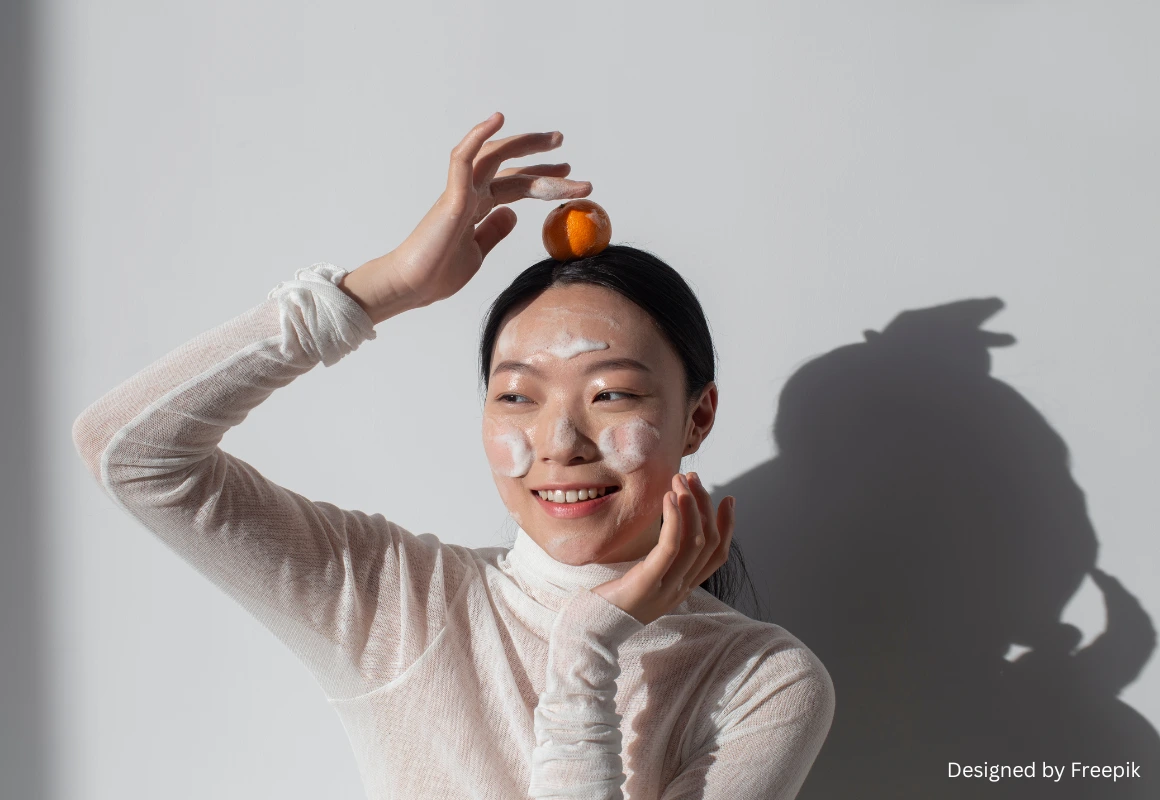
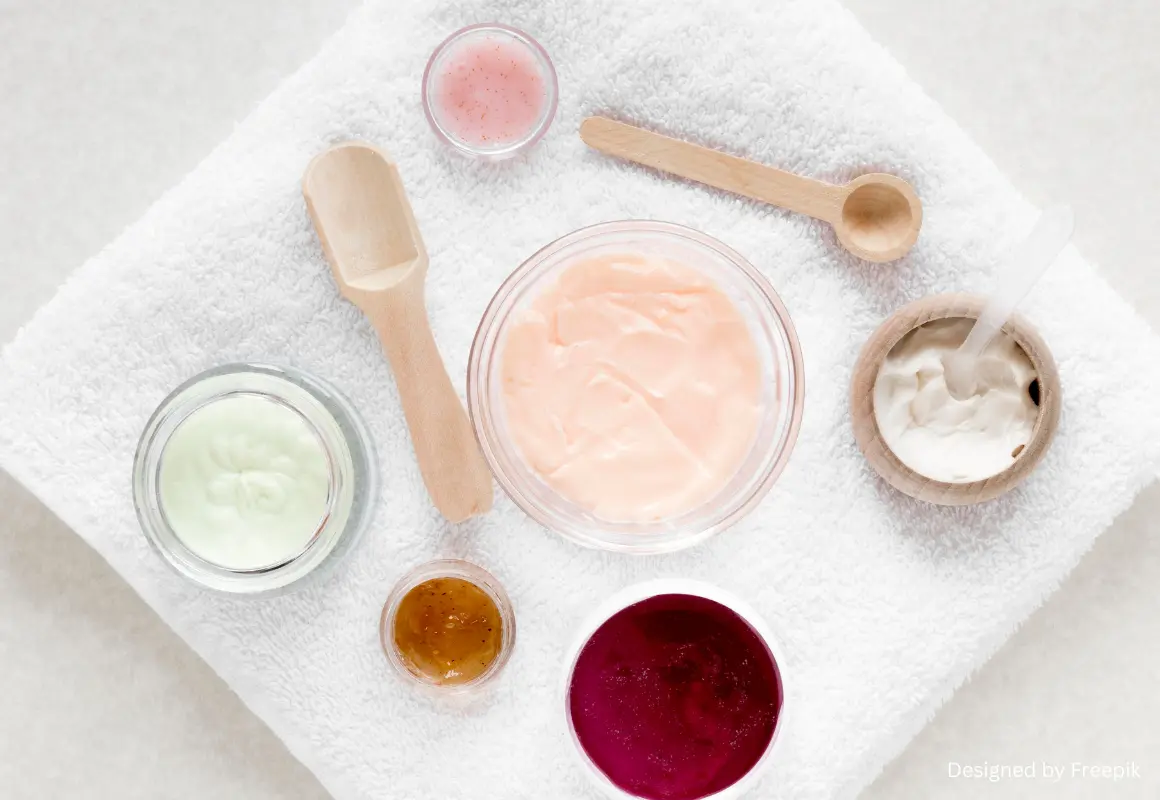
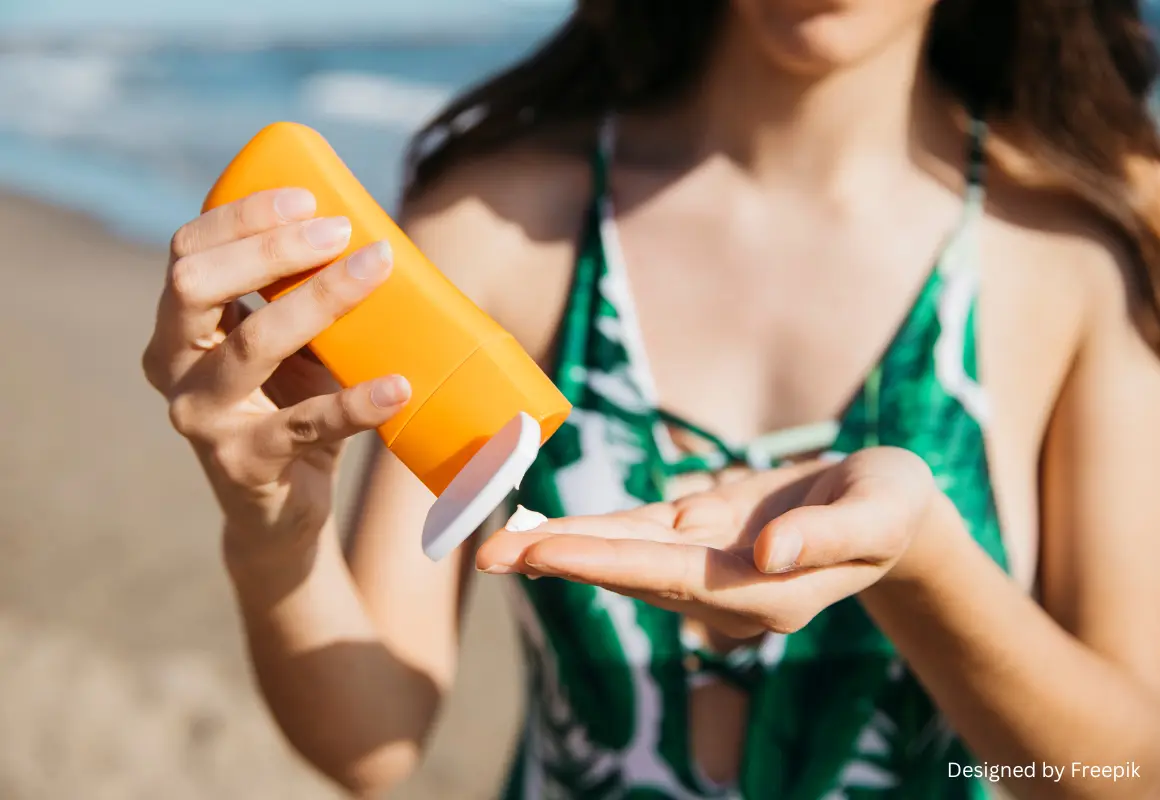
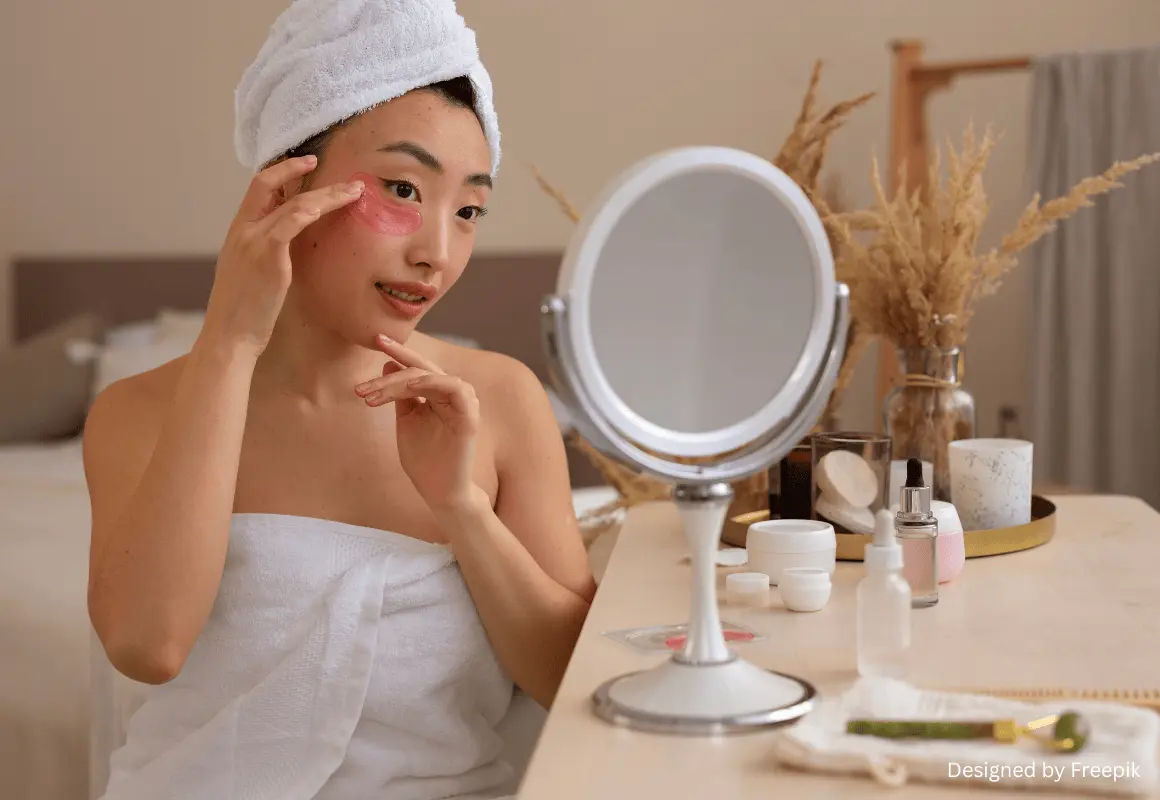

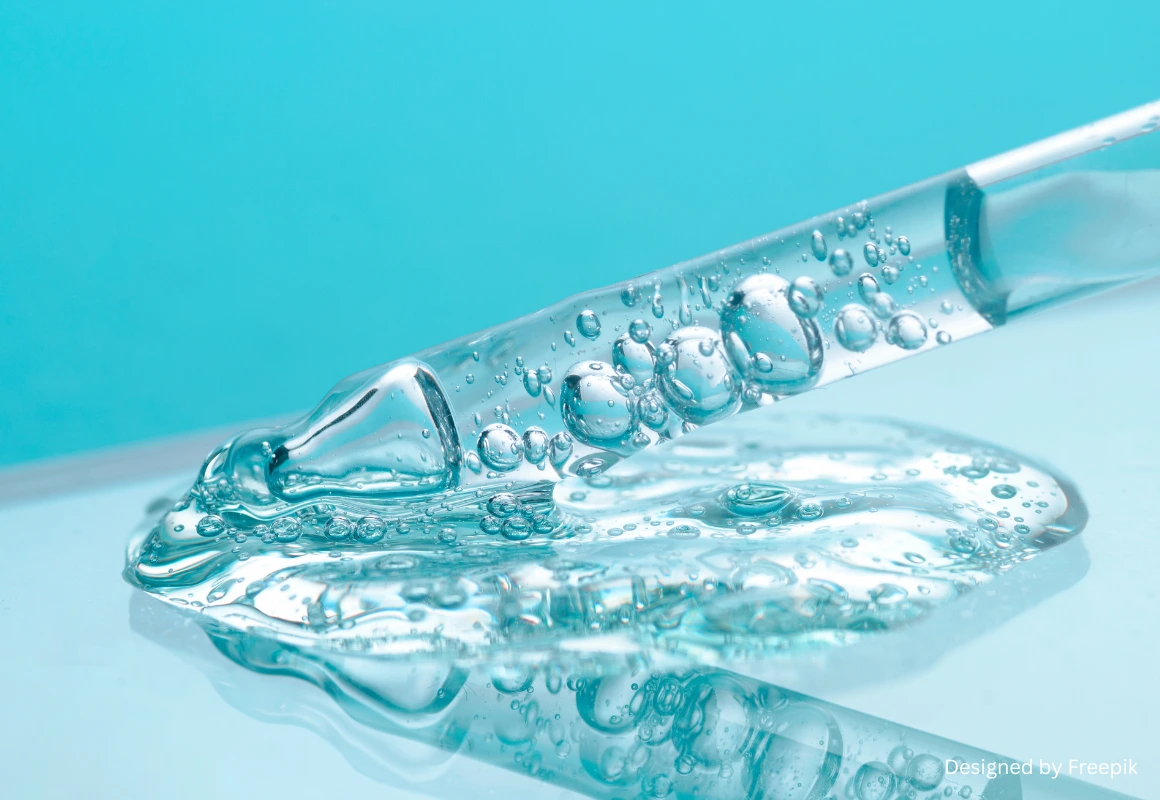
.webp)